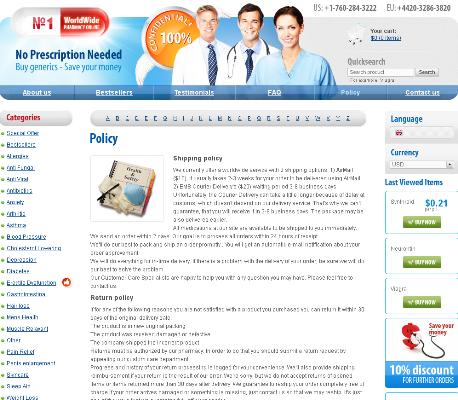Buy Methocarbamol Online
Methocarbamol Interactions with Other Medications
Common Medications That May Interact with Methocarbamol
When starting methocarbamol, it’s surprising how many everyday medications can interact with it. Drugs commonly prescribed for colds, allergies, or even high blood pressure are known to have possible cross-reactions. For example, many antihistamines and sleep aids can compound methocarbamol’s effects.
Pay close attention to prescriptions that can impact your nervous system. Opioids, certain antidepressants, and other muscle relaxants may deepen sedative effects when used together. Knowing which drugs to avoid or use with caution is essential.
| Medication Type | Potential Interaction |
|---|---|
| Antihistamines | Increased drowsiness |
| Opioid Painkillers | Enhanced sedation and risk of respiratory depression |
| Sleep Medications | Heightened CNS depression |
The Risk of Enhanced Drowsiness and Sedation

Taking methocarbamol can make you feel drowsy or sluggish, even when used alone. When methocarbamol is combined with other central nervous system depressants, like sleep aids or certain allergy medications, the sedative effect can multiply significantly. This can lead to feeling excessively sleepy, dizzy, or even confused during ordinary activities.
For some people, the heightened sedation can interfere with driving, working, or concentrating on daily tasks. Simple chores may suddenly seem overwhelming, and there’s an increased risk of accidental falls or injuries, especially in older adults.
Because these effects can catch you by surprise, it’s crucial to watch out for new or worsening drowsiness if you’re taking methocarbamol with other medications. Always let your healthcare provider know if you notice these symptoms, so your treatment plan can be safely adjusted.
Possible Effects When Combined with Pain Relievers
For many people living with muscle pain, reaching for a combination of methocarbamol and common pain relievers like acetaminophen or ibuprofen may seem like a quick path to relief. However, this combination can affect the body differently than each medication alone. Methocarbamol’s muscle-relaxing effects may amplify the drowsiness or dizziness sometimes caused by pain relievers, making it important to exercise caution with activities that require alertness.
Additionally, combining methocarbamol with prescription opioid painkillers, such as oxycodone or hydrocodone, can significantly increase the risk of serious side effects, including profound sedation and breathing difficulties. Always seek medical advice before mixing methocarbamol with any pain medications to ensure safety.
Interactions with Antidepressants and Anti-anxiety Drugs

When methocarbamol is combined with certain antidepressants, there’s a higher risk for intensified central nervous system depression. Users might notice feeling more tired, groggy, or even confused as these medications can enhance each other’s sedative side effects. Taking methocarbamol along with anti-anxiety drugs amplifies these concerns, potentially impairing alertness and coordination. It’s especially crucial for people who operate machinery or drive to be cautious, as the mixture can significantly slow reaction times and diminish mental sharpness.
Dangerous Mixes: Methocarbamol and Alcohol
Mixing methocarbamol with alcohol can lead to serious and potentially dangerous consequences. Both substances depress the central nervous system, which can dramatically increase drowsiness, dizziness, and even slow down breathing or heart rate. Many people underestimate this interaction, but combining these agents can impair your coordination and reaction times, making activities like driving or operating machinery highly unsafe. Even small amounts of alcohol can amplify methocarbamol’s sedative effects, increasing the risk of accidents or falls—especially in older adults.
Healthcare professionals strongly recommend avoiding alcohol while taking methocarbamol. If you’re prescribed this muscle relaxant, always check labels on over-the-counter products and ask your doctor or pharmacist before enjoying a drink. Remember, being cautious isn’t just about feeling safe right now; it’s about preventing long-term harm. Stay informed and protect your health.
| Substance | Main Risk When Combined with Methocarbamol |
|---|---|
| Alcohol | Increased sedation, slower breathing, impaired judgement |
Important Tips for Managing Medication Interactions
Staying safe while taking methocarbamol starts with open communication. Always tell your healthcare provider about every medication and supplement you’re using, even those you consider harmless or over-the-counter. Pharmacists are also valuable allies; they can catch interactions your doctor might miss and offer personalized advice.
If your regimen changes—like adding a new prescription or adjusting a dose—ask whether it could affect how methocarbamol works in your body. Be cautious with alcohol and pay close attention to new or worsening side effects, such as excessive drowsiness. Remember, never stop or change medications without a medical professional’s guidance, as this could lead to serious complications.

